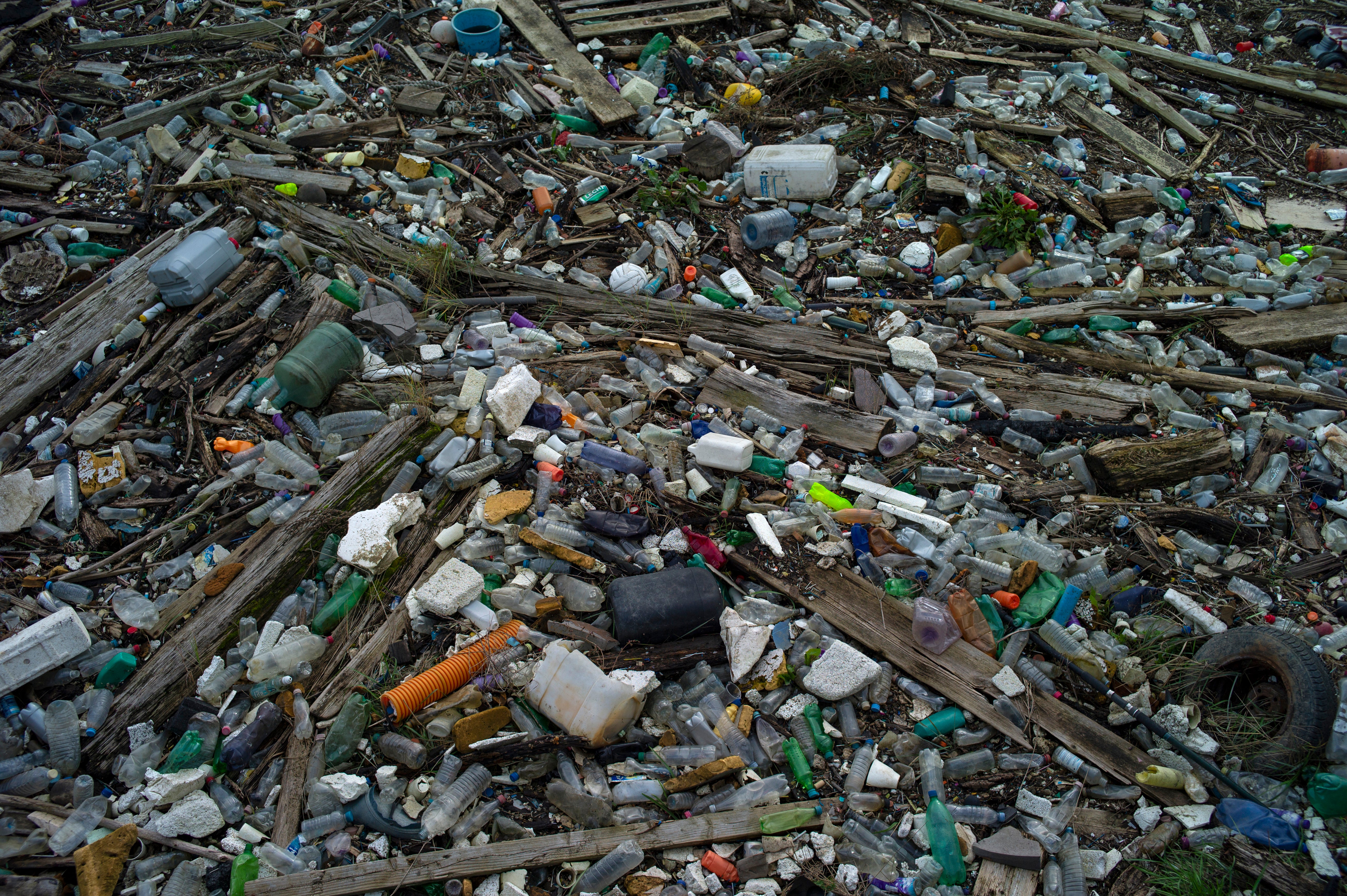Half of Britons vow to use less plastic in 2022
However, only 14 per cent say they are “definitely” clear about what plastic alternatives are better for the environment, writes Grace Almond

Half of Britons intend to make a New Year’s resolution to use less plastic in 2022, according to a survey – but only 1 in 7 are “definitely” clear about which alternatives are better for the environment.
Of the 2,000 respondents, 73 per cent said they would like the opportunity to buy more food wrapped in plastic alternatives.
The survey was commissioned by Cambridge-based Xampla, which is making the world’s first plant protein alternative to plastic for commercial use.
It comes as France is set to ban the use of plastic packaging on 30 fruit and vegetables from January to eliminate around one billion “unnecessary plastic packages”. Currently, around 37 per cent of French produce is sold in plastic packaging.
Sian Sutherland, co-founder of global solutions organisation A Plastic Planet, said: “Next year has to be about turning off the plastic tap.
“The public is rightly increasingly sceptical of recycling, since plastic can only ever be ‘down-cycled’ and the whole process from production to recycling to reproduction is highly carbon-intensive.”
A spokesperson for the Environmental Investigation Agency (EIA) told The Independent: “It’s great to see the determination of British consumers to reduce their plastic footprint in 2022. This needs to be matched by ambitious action on the part of government and big business to really switch off the plastic tap.
“In our view, the priority is to stop perpetuating pointless single use plastic, regardless of its source, and instead scale up reusable and refillable packaging systems across the nation.”
Last month, The Independent reported that the amount of litter on beaches had dropped to the lowest level in more than 20 years, according to the Marine Conservation Society.
The organisation, which has run the UK’s largest annual litter-picking event since 1994, said that an average of 385 items of litter were found per 100 metres this year, down from 425m in 2020.
In Britain, the government will look towards banning single-use plastic items, such as cutlery, plates, polystyrene cups and food and beverage containers.
Camilla Zerr, plastics campaigner at Friends of the Earth, called on the government to impose legally-binding targets to cut waste. “The plastic problem is one the public cares about immensely, so it’s no surprise that people are making it their mission to reduce the amount of plastic in their own lives,” she said.
“But swapping one single-use packaging material for another is not the solution it might sound like, because it risks shifting the environmental impact elsewhere. Instead, reduction, reuse and refill needs to be at the heart of everyday life, so that creating less waste is the easiest, most accessible option in our shops and supermarkets.”
Environment secretary George Eustice said: “There is growing recognition of the damage that plastics cause to our environment and marine life in particular. We want to reduce the use of plastics in packaging and ban its use in items linked to littering.
“We have already banned plastic straws, stirrers and cotton buds and now plan to extend the ban to cutlery and balloon sticks where alternative materials, like wood can be used.”
Microplastics, released into our food and water systems through a breakdown of larger plastic waste, form another significant public health concern. Read The Independent’s guide on how to reduce your microplastic intake here.






Join our commenting forum
Join thought-provoking conversations, follow other Independent readers and see their replies
0Comments